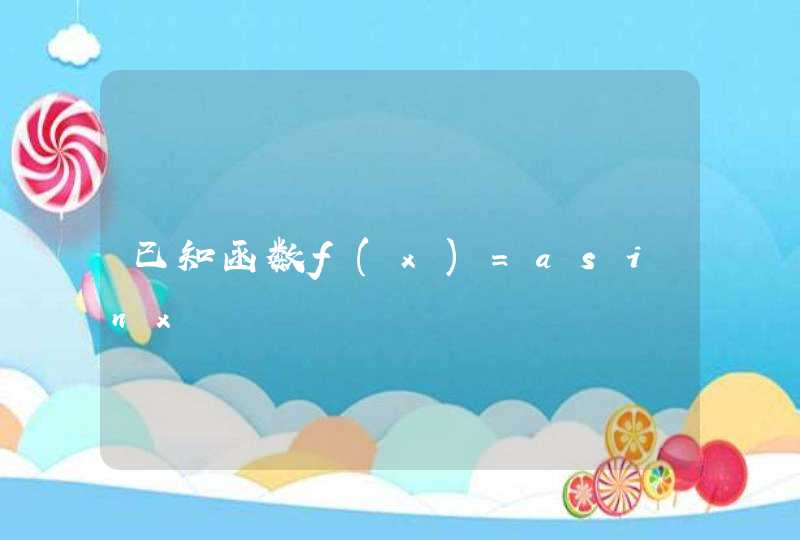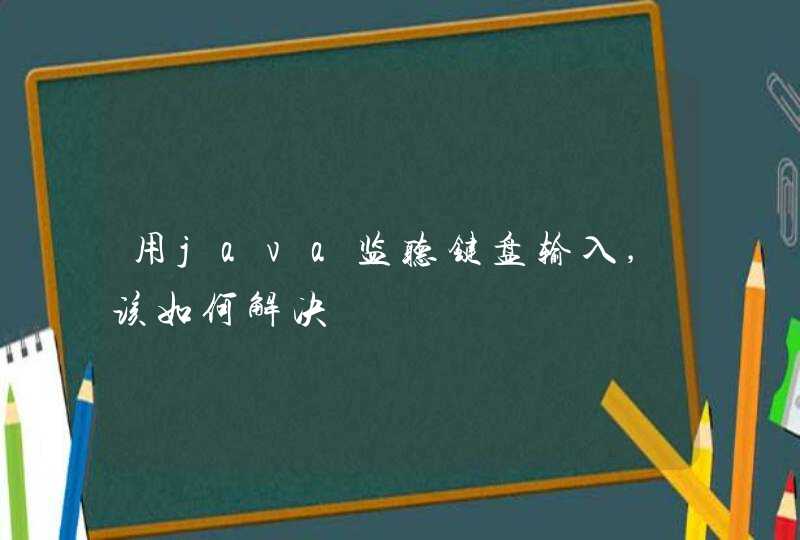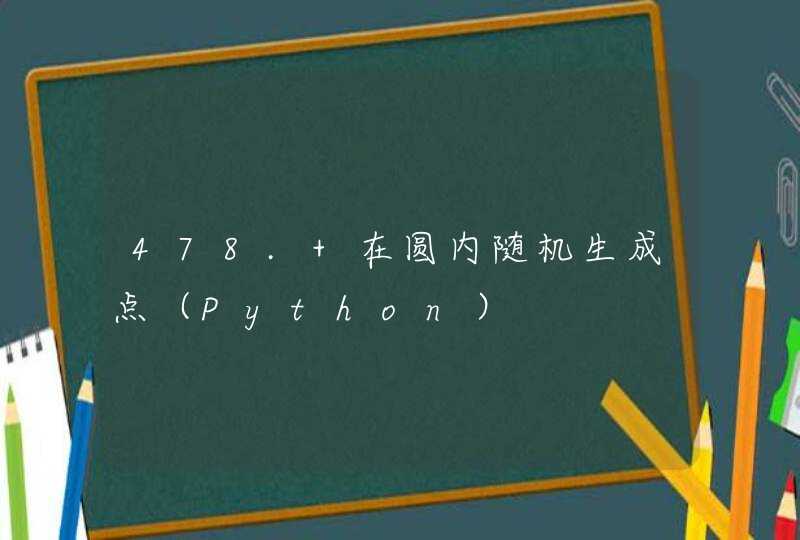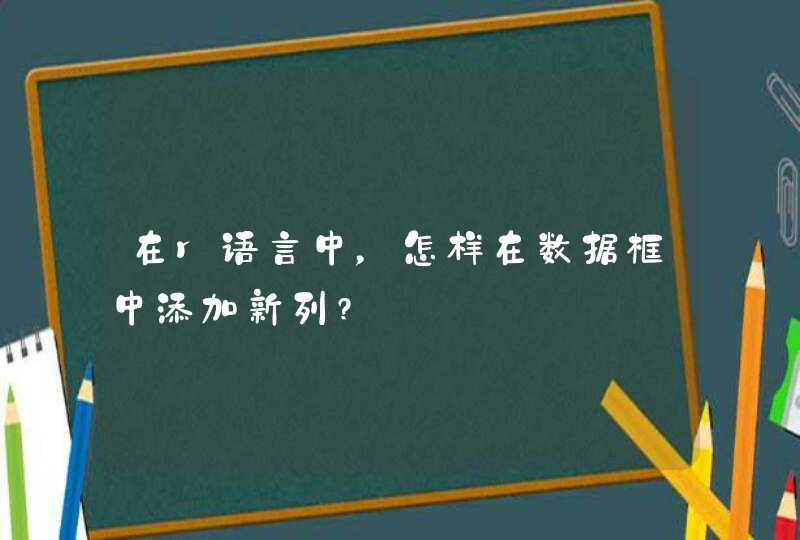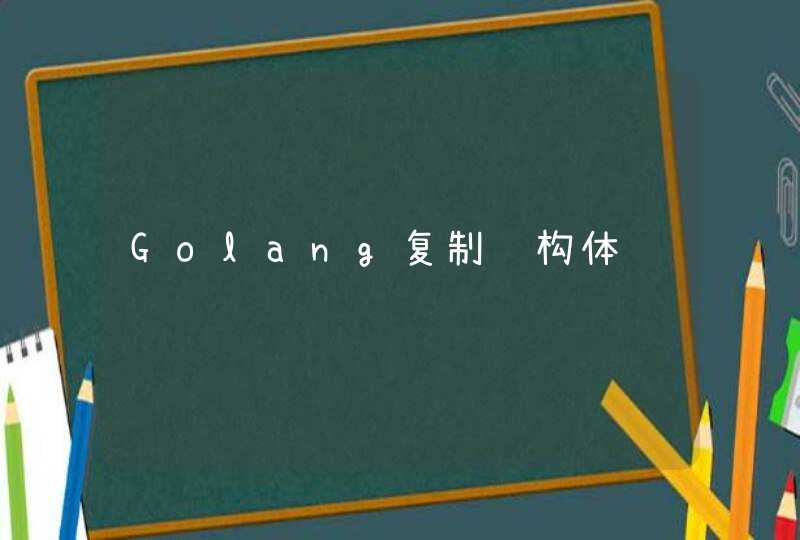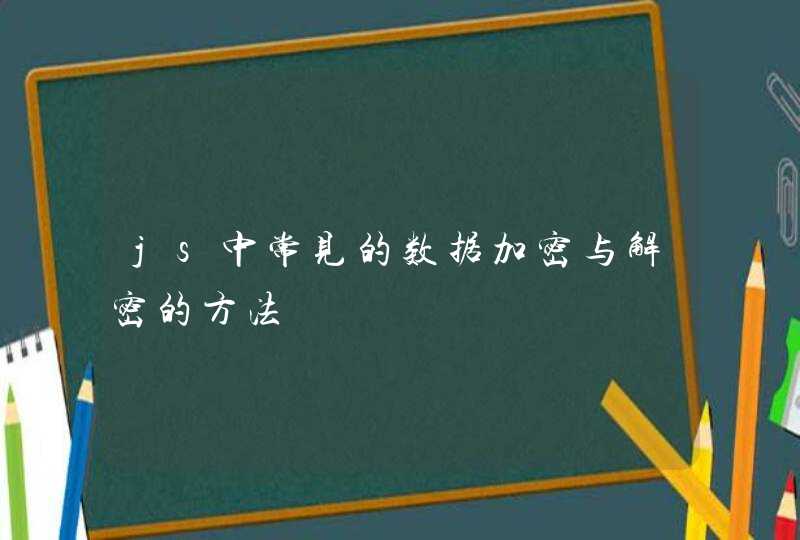![为什么在ruby中,[].all?{|i| i==1} 的结果为true?,第1张 为什么在ruby中,[].all?{|i| i==1} 的结果为true?,第1张](/aiimages/%E4%B8%BA%E4%BB%80%E4%B9%88%E5%9C%A8ruby%E4%B8%AD%EF%BC%8C%5B%5D.all%3F%7B%7Ci%7C+i%3D%3D1%7D+%E7%9A%84%E7%BB%93%E6%9E%9C%E4%B8%BAtrue%EF%BC%9F.png)
你的例子中,作为判断对象的是一个空数组,不执行后面的代码,也没有一个元素是false的,所以返回的是true,这是我的见解
@cache ||= {} 如果 @cache 已有资料, 那就不做动作其相当於 @cache || @cache = {}
也就是
if ( @cache ) { }
else { @cache = {} }
而 @cache = {} 就是, 无论@cache 有无资料,
都将其清空, 回到初始化的状态
Ruby on Rails 的检验方法(Validation Helpers)大全可以自定义validate(), 这个方法在每次保存数据时都会被调用.
如:
def validate
if name.blank? &&email.blank?
errors.add_to_base("You must specify a name or an email address")
end
end
同时也可以自定义 validate_on_create(), validate_on_update()方法.
valid?()方法可以随时调用,用来测试数据是否能通过校验
返回的错误信息可用 error_messages_for(model)方法显示.
如:
校验大全:
validates_acceptance_of
指定checkbox应该选中. (如:(*)我同意条款)
用法:validates_acceptance_of attr... [ options... ]
参数:message text 默认:“must be accepted.”
:on :save, :create, or :update
实例:
class Order <ActiveRecord::Base
validates_acceptance_of :terms,
:message =>"Please accept the terms to proceed"
end
validates_associated
查验指定的object.
用法:validates_associated name... [ options... ]
参数:message text 默认: is “is invalid.”
:on :save, :create, or :update
实例:
class Order <ActiveRecord::Base
has_many :line_items
belongs_to :user
validates_associated :line_items,
:message =>"are messed up"
validates_associated :user
end
validates_confirmation_of
数据重校
用法:validates_confirmation_of attr... [ options... ]
参数:message text 默认 “doesn’t match confirmation.”
:on :save, :create, or :update
实例:
对密码表:
#第二表名为xxxx_confirmation
class User <ActiveRecord::Base
validates_confirmation_of :password
end
validates_each
使用block检验一个或一个以上参数.
用法:validates_each attr... [ options... ] { |model, attr, value| ... }
参数:allow_nil boolean 设为true时跳过nil对象.
:on :save, :create, or :update
实例:
class User <ActiveRecord::Base
validates_each :name, :email do |model, attr, value|
if value =~ /groucho|harpo|chico/i
model.errors.add(attr,"You can't be serious, #{value}")
end
end
end
validates_exclusion_of
确定被检对象不包括指定数据
用法:validates_exclusion_of attr..., :in =>enum [ options... ]
#enum指一切可用include?()判断的范围.
参数:allow_nil 设为true将直接跳过nil对象.
:in (or :within) enumerable
:message text 默认为: “is not included in the list.”
:on :save, :create, or :update
实例:
class User <ActiveRecord::Base
validates_exclusion_of :genre,
:in =>%w{ polka twostep foxtrot },
:message =>"no wild music allowed"
validates_exclusion_of :age,
:in =>13..19,
:message =>"cannot be a teenager"
end
validates_inclusion_of
确认对象包括在指定范围
用法:validates_inclusion_of attr..., :in =>enum [ options... ]
参数:allow_nil 设为true直接跳过nil对象
:in (or :within) enumerable An enumerable object.
:message text 默认:“is not included in the list.”
:on :save, :create, or :update
实例:
class User <ActiveRecord::Base
validates_inclusion_of :gender,
:in =>%w{ male female },
:message =>"should be 'male' or 'female'"
validates_inclusion_of :age,
:in =>0..130,
:message =>"should be between 0 and 130"
end
validates_format_of
用正则检验对象
用法:validates_format_of attr..., :with =>regexp [ options... ]
参数:message text 默认为: “is invalid.”
:on :save, :create, or :update
:with 正则表达式
实例:
class User <ActiveRecord::Base
validates_format_of :length, :with =>/^/d+(in|cm)/
end
validates_length_of
检查对象长度
用法:validates_length_of attr..., [ options... ]
参数:in (or :within) range
:is integer
:minimum integer
:maximum integer
:message text 默认文字会根据参数变动,可使用%d 取代确定的最大,最小或指定数据.
:on :save, :create, or :update
:too_long text 当使用了 :maximum后的 :message
:too_short text ( :minimum )
:wrong_length ( :is)
实例:
class User <ActiveRecord::Base
validates_length_of :name, :maximum =>50
validates_length_of :password, :in =>6..20
validates_length_of :address, :minimum =>10,
:message =>"seems too short"
end
validates_numericality_of
检验对象是否为数值
用法:validates_numericality_of attr... [ options... ]
参数:message text 默认 “is not a number.”
:on :save, :create, or :update
:only_integer
实例:
class User <ActiveRecord::Base
validates_numericality_of :height_in_meters
validates_numericality_of :age, :only_integer =>true
end
validates_presence_of
检验对象是否为空
用法:validates_presence_of attr... [ options... ]
参数:message text 默认:“can’t be empty.”
:on :save, :create, or :update
实例:
class User <ActiveRecord::Base
validates_presence_of :name, :address
end
validates_uniqueness_of
检验对象是否不重复
用法:validates_uniqueness_of attr... [ options... ]
参数:message text 默认: “has already been taken.”
:on :save, :create, or :update
:scope attr 指定范围
实例:
class User <ActiveRecord::Base
validates_uniqueness_of :name
end
class User <ActiveRecord::Base
validates_uniqueness_of :name, :scope =>"group_id"
end
#指定在同一group_id的条件下不重复.
常用正则:
E-Mail地址格式:
validates_format_of :email,
:with =>/^([^@/s]+)@((?:[-a-z0-9]+/.)+[a-z]{2,})$/i,
:message=>'email must be valid'
网址格式:
validates_uri_existence_of :url, :with =>
/(^$)|(^(http|https)://[a-z0-9] ([-.]{1}[a-z0-9] )*.[a-z]{2,5}(([0-9]{1,5})?/.*)?$)/






